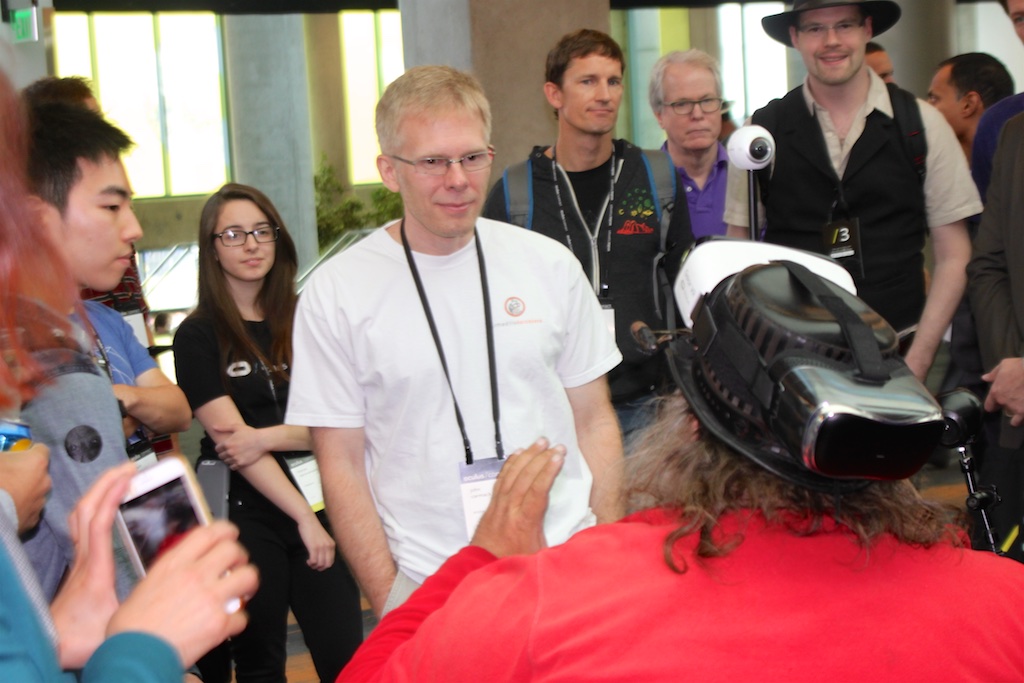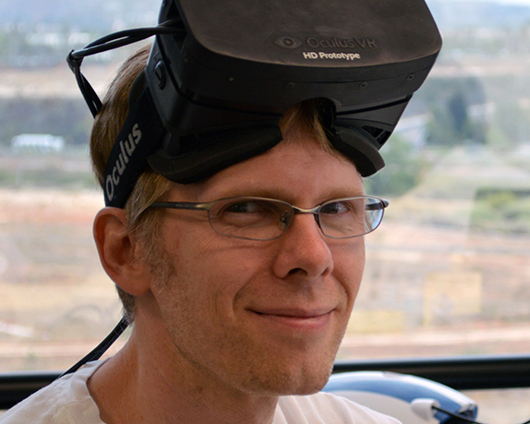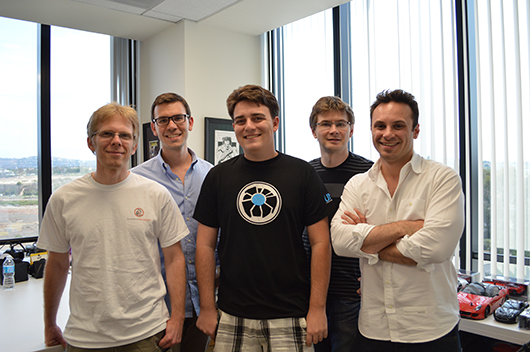After nearly 10 years, John Carmack's time helping to guide VR hardware efforts at Meta (and at Facebook/Oculus before that) have come to a close. The id Software co-founder and Doom co-creator officially left Meta on Friday night, according to an internal company memo obtained by Insider and confirmed by The New York Times.
Carmack's departure message serves as a scathing indictment of crippling inefficiency at Meta that he said he was "offended by" and that he compared to a GPU with a measly 5 percent utilization rate. "We have a ridiculous amount of people and resources, but we constantly self-sabotage and squander effort. There is no way to sugar coat this," he wrote. "I think our organization is operating at half the effectiveness that would make me happy."
More personally, Carmack complained that it has been a "struggle" for him to influence Meta's overall direction and that he's "wearied of the fight." Despite his high-ranking "consulting CTO / executive advisor" title, Carmack complained that he is "evidently not persuasive enough" to change Meta's VR efforts for the better.
If that kind of talk sounds familiar, it might be because Carmack voiced similar complaints in his October Meta Connect keynote. There he talked about his internal efforts to push for the development of a "super cheap, super lightweight" Meta VR headset that could come in at "$250 and 250 grams." Instead, Meta has put its recent VR hardware efforts behind the heavily overdesigned and expensive $1,500 Quest Pro. "We're not building that [cheap, light] headset today, but I keep trying," Carmack said with some exasperation during the keynote.
In his departure message, Carmack had some kind words for the strong-selling Meta Quest 2 headset, which he called a good, successful product that has "[made] the world a better place." In his October keynote, though, Carmack also bluntly told Meta that "the basic usability of Quest really does need to get better" and that "our app startup times are slow, our transitions are glitchy... We need to make it a whole lot better... much, much faster to get into."
Back in late 2021, Carmack also had some words of warning as Facebook changed its named to Meta and pivoted fully behind the amorphous idea of the metaverse. Carmack said we should be wary of "architecture astronauts" who do a lot of high-level hand-waving instead of building viable products that customers find useful.







 Loading comments...
Loading comments...
